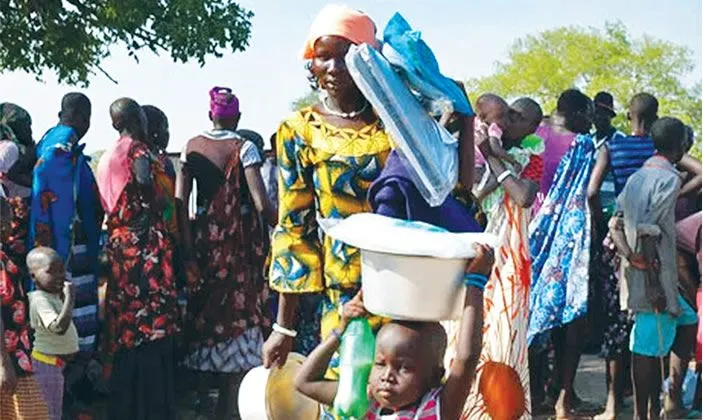CurrentReport Blog In a significant move to address the pressing issue of child begging, the National Commission for Almajiri and Out of School Children has unveiled a comprehensive plan to provide daily food support to Almajiris. This initiative aims to eradicate the widespread practice of children begging for food, a concern that has long plagued many communities.
The announcement was made by Dr. Muhammad Idriss, the Executive Secretary of the commission, during a two-day capacity-building seminar for 75 Islamiyya Headmasters and Teachers held over the weekend in Bauchi. Dr. Idriss emphasized the Federal Government’s commitment to building resettlement schools that will cater to the basic needs of every Almajiri enrolled in Islamiyya schools, including food and clothing.
“President Tinubu has given us the go-ahead to ensure that the two million children currently walking the streets are all enrolled in Islamiyya schools within four years,” Dr. Idriss stated. He highlighted the urgency of the situation and the government’s zero-tolerance policy towards parents who send their children as Almajiris without adequate provisions, especially food.
The seminar served as a platform for discussing strategies to engage parents, particularly those of underage Almajiris, in understanding the importance of adequately feeding their children. Dr. Idriss noted that the commission would work closely with parents to educate them on their responsibilities, ensuring that the children’s welfare is a priority.
The initiative represents a holistic approach to tackling the root causes of child begging and ensuring that Almajiris receive not only education but also the essential support needed for their overall well-being. By providing these children with a stable environment and necessary resources, the commission aims to transform the Almajiri system into a model of comprehensive care and education.
This bold step by the National Commission for Almajiri and Out of School Children marks a pivotal moment in addressing child poverty and educational disparities in Nigeria. As the government rolls out these resettlement schools and engages communities, there is hope that the future of these children will be significantly brighter and more secure.












